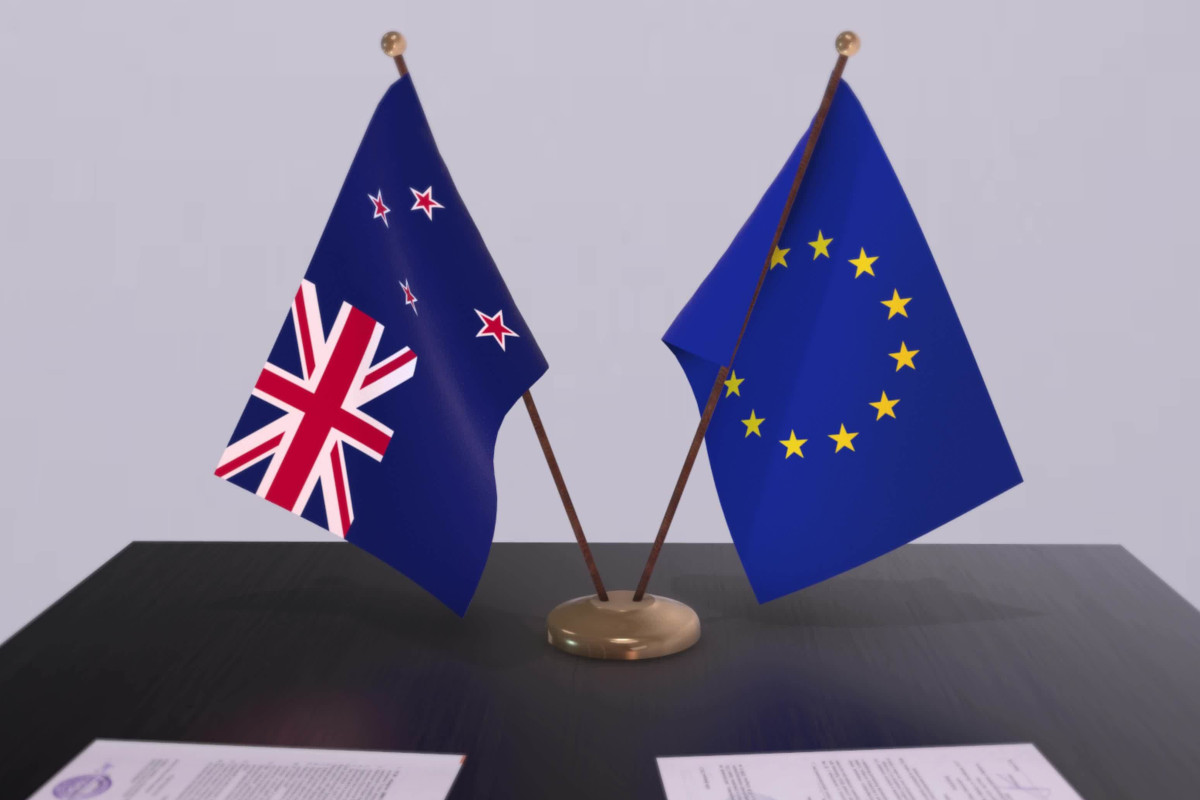
With the decision to sign the free trade agreement between the European Union and New Zealand, the EU Council has given a strong boost to its entry into force which is expected to take place at the beginning of 2024. The Italian dairy industry, as reported by their trade association Assolatte in an official statement, has always been perplexed by this deal which seems unbalanced in favor of New Zealand.
Find authentic Italian dairy products on the Italianfood.net platform
In fact, New Zealand is one of the world’s largest producers of milk and dairy products, with sales of about 22 million tons and cheese production of 380,000 tons. Ninety percent of production is exported, mainly to China, Japan, Australia, South Korea, and the Philippines. Exports to Europe, by contrast, have always been rather low.
In the EU Council’s decision, Assolatte says, important concessions were made to New Zealand on the dairy front: tariffs on 36,000 tons of butter will be gradually reduced to a minimum, and a 25,000-ton quota for cheese will be fully liberalized within seven years.
SILVER LININGS
However, there are also important positive aspects. “With this agreement, New Zealand officially accepts the regulation that obliges it to recognize and protect Geographical Indications,” says Assolatte President Paolo Zanetti. “Following the entry into force of the agreement, there will be 13 Italian GI cheeses that will also be protected from New Zealand ‘copies.’” The list includes each and every most exported Italian PDO cheese: Asiago PDO, Castelmagno PDO, Fontina PDO, Gorgonzola PDO, Grana Padano PDO, Montasio PDO, Mozzarella di Bufala Campana PDO, Parmigiano Reggiano PDO, Pecorino Romano PDO, Pecorino Toscano PDO, Piave PDO, Provolone Valpadana PDO, and Taleggio PDO.
“Although not all products will be protected as they are in Europe, the agreement is a very important step towards global protection of PDO cheeses,” Zanetti says. “In fact, New Zealand companies will no longer be able to use our products’ names, either for the domestic market or for exports to Asia.” The agreement also provides for the mandatory indication of the true origin of cheese, thus helping to fight the phenomenon of Italian-sounding cheeses.
“Recent history,” Zanetti says, “teaches us that international agreements create virtuous circles, as happened in Canada and Japan which in the end defined their own rules for the protection of Geographical Indications.”

